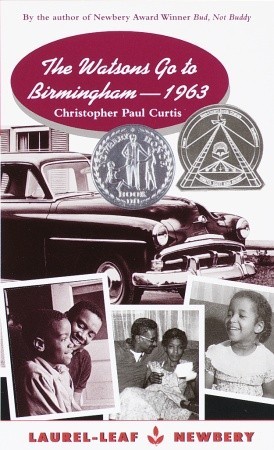Lorraine Hansberry creates an authentic scenery of the African-American family of the mid-20th century in her play, A Raisin in the Sun. As Hansberry employs the use of Southern dialect in the dialogue of characters, readers can grasp a realistic view of how African-Americans truly are in this time period of America’s history. This technique is effective because it paves way for readers to expand their understanding of who the characters really are. Mama told Beneatha “You must not dislike people ‘cause they well off, honey” (50). This statement from Mama is just one of the plethora of examples of Southern dialect the author uses in this play. Hansberry escapes from the normal standards of the English language and puts a Southern, African-American twist to it. Instead of simply stating the words “because” and “they’re”, she uses “‘cause” and “they”.
Hansberry includes this Southern-like dialogue throughout the whole play. Travis says "...don't she want to be rich?"(69). Ruth questions "When we moving?" (92). This type of speech puts readers' minds in the realm of what African-American households are like in this time period. Ultimately, this creates an enticing story line for this play.





